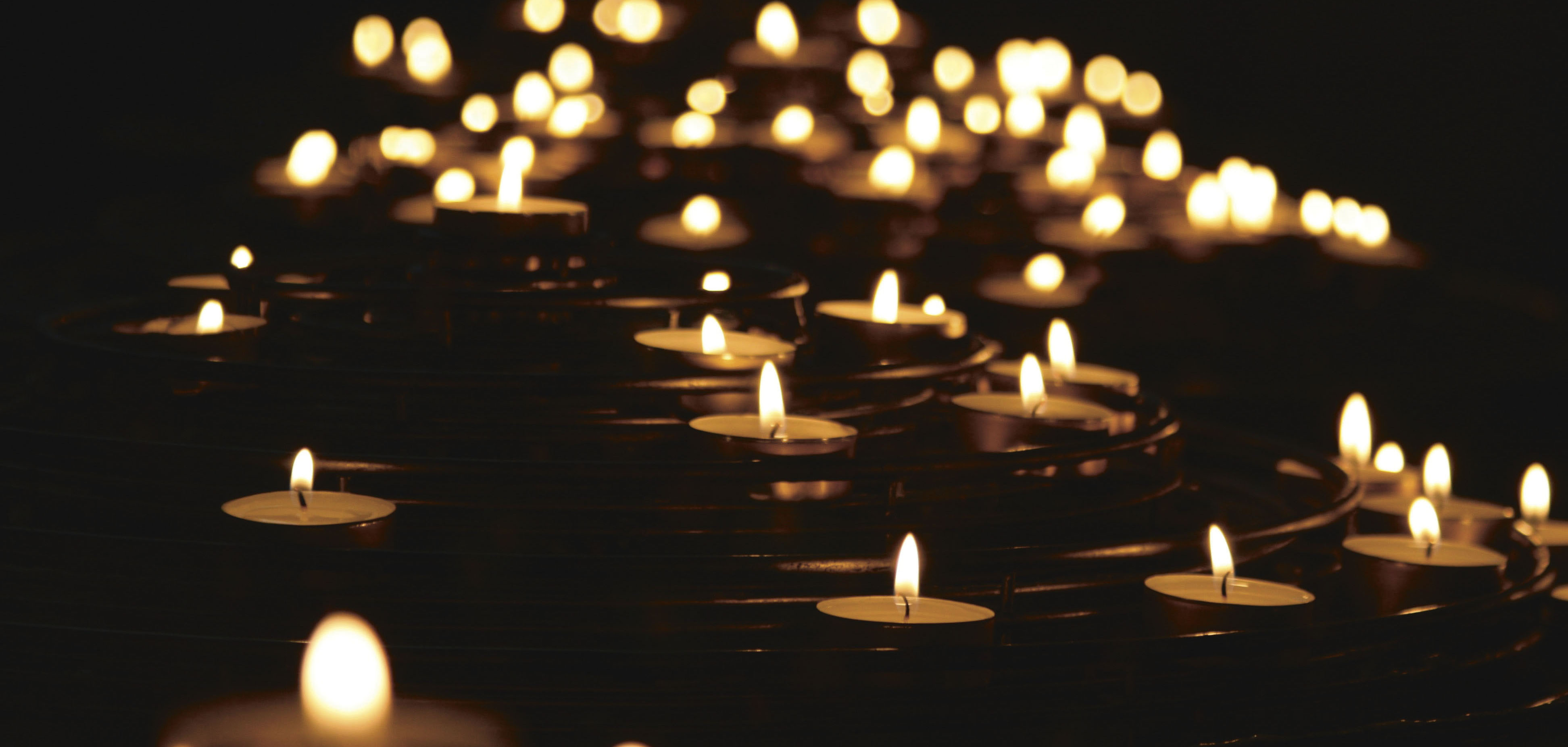Thought for the week: Jenny Tipping on an empire state
‘Guilt and shame will only ever perpetuate the walls between us and those who are suffering.’

It is 8 o’clock in the morning before the Sunday session at Britain Yearly Meeting. We are examining privilege. As I walk through Regent’s Park and view the avenues and gardens, so reminiscent of New Delhi, I think of empire. As I see the Somali woman picking up litter from beneath the rose bushes, I think of empire. When I hear my work colleague tell me that his Filipino wife only has a couple more years to go before being entitled to a British passport – which means they can go anywhere in the world – I think of empire. When a man of Jamaican origin tells me that one poor decision he made aged nineteen, in response to the hopelessness he felt in life, landed him in prison until his thirties, I think of empire.
As we face up to the privilege that so many of us enjoy in the Religious Society of Friends, we cannot talk about racial privilege without thinking about empire. This history of domination brought us the privilege of being a global player. But it was founded on, and perpetuates, inequality. It is in nobody’s interests to hide from this fact.
What should we do with this information? One thing we should not do is cripple ourselves with white guilt. Guilt is not going to bring us closer to understanding the experience of that woman’s desperate migration from Somalia. Shame will not help us connect with the generation of Southeast Asian women who have to leave their children in the care of their extended family and move west to find work and prosperity. Guilt and shame will only ever perpetuate the walls between us and those who are suffering. Shame is born of thoughts of judgement and blame of our extended self, just as anger is born of such thoughts of the other. Judgement is inherently violent and we do the cause of peace no favours by holding on to it.
What we need in response to a full recognition of the reality of our privilege is not shame. It is grief. I cannot share in the experience of the young black man who could see no future for himself on the right side of the law, but together we can share in the pain of living in a world where his experience is common. Mourning – holding ourselves with kindness as we let the sadness flow through our bodies and our hearts, with no judgement or blame – is an essential stage to go through. As with any grief, it cannot be rushed or bypassed. Only when we have fully felt it can we hold hands with others, wherever we stand, and move forward together in peace, love and joy.
You need to login to read subscriber-only content and/or comment on articles.
